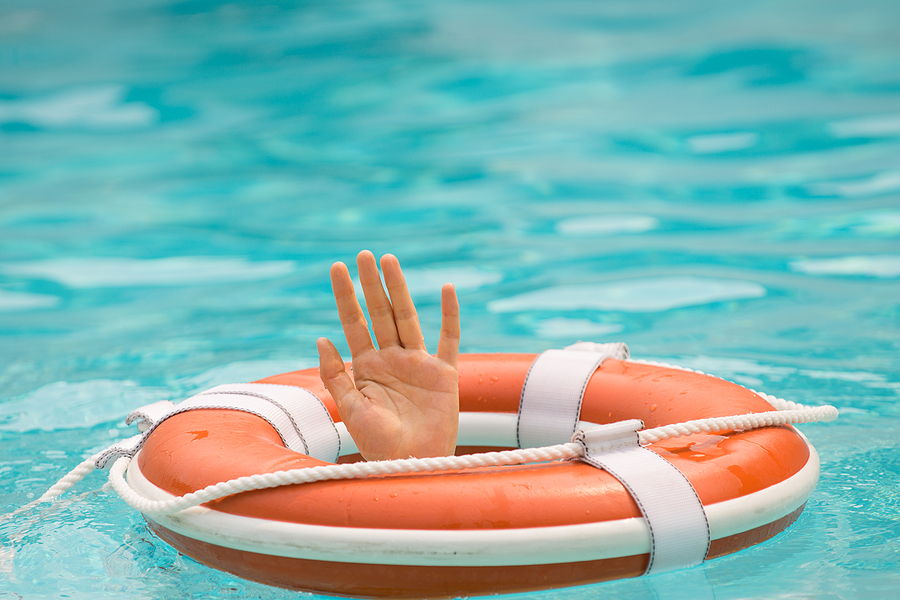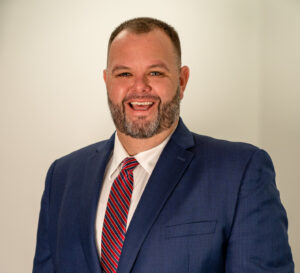
Did you know that drowning is the second leading cause of unintentional death for young kids ages one to four? It follows only after birth defects. It’s also the second leading cause of death in children ages one to 14 after motor vehicle accidents.
Many people don’t talk about drowning accidents and how common they are, but that doesn’t mean they don’t happen. In fact, there are around 3,960 fatal and 8,080 nonfatal drownings each year in the United States. Worldwide, there are approximately 236,000 deaths because of drowning each year.
Nonfatal drowning accidents can cause serious health problems. And many children who experience nonfatal drowning are required to have long-term medical treatment. Nonfatal drowning accidents can even cause permanent disability in children.
But where do drowning accidents most often occur? And who is at fault for your child’s injury or fatality? Keep reading to learn more about how these devastating incidents can occur, and how you can receive compensation for your child’s drowning incident.
Drownings Commonly Occur at Community, School, or Daycare Pools
Drowning accidents commonly occur in areas where children should be supervised but may not be. These areas include community pools, school or gym pools, and daycare swimming pools. Because a drowning accident can happen very quickly, children must be supervised at all times in these areas.
When a child isn’t being supervised, they may fall in or voluntarily get into a pool, even if they don’t know how to swim. As properly supervising a child would prevent them from putting themselves in harm’s way, this is considered to be negligent supervision.
Negligent supervision is the reason why you can sue for a drowning accident. Children are unpredictable and don’t know any better. When a child is young, they need to have a parent, guardian, babysitter, or school official of some kind around to watch them to make sure they don’t get into anything that could harm them.
By not properly watching the child around the pool, they’re liable for the accident that occurs. Parties that could be liable for an accident that occurs in a pool (whether it’s a community, daycare, or school pool) include a parent, teacher, babysitter, nanny, or any other adult who has responsibility for the child at that time.
Drownings in Open Water
It’s also common for children to drown in open water like beaches, lakes, and rivers. This could occur on a field trip or on a day out with a babysitter, nanny, or other guardian. Beaches, rivers, and lakes are dangerous. And an eye must be kept on the child or children at all times to make sure that they aren’t putting themselves in danger. If they don’t know how to swim, it’s important that the person watching them keeps them from going anywhere near the water.
Drowning accidents can also occur because of water-related recreational activities, such as boating. When a child is in someone’s care on a boat, it’s that person’s responsibility to ensure that the child is wearing a lifejacket. If they fall off or out of the boat without a safety jacket, they could drown.
Water transport incidents may also occur because of alcohol use. If someone is drinking and driving a boat, they may be more likely to cause an accident, which could cause someone to drown.
Shallow Water Drownings
Unfortunately, drowning accidents can also occur in shallow water, such as small swimming pools or bathtubs. In fact, a drowning accident can occur in only two inches of water.
To prevent these types of drowning accidents from occurring, supervisors of children should pay close attention around any body of water. This includes bathing. It’s important that a child is never left alone when they’re bathing or playing in a shallow (or even a regular-sized) pool.
Who is at-fault for my child’s drowning?
Determining fault for your child’s drowning incident is fairly straightforward. Negligent supervision is almost always at play with these types of accidents, meaning that someone wasn’t paying close enough attention to your child, resulting in the accident. Whoever was supposed to be watching your child at this time is the person that you will file a lawsuit against for your child’s injury or death.
Negligent parties may include:
- Parent or guardian
- Babysitter or nanny
- School official, such as a teacher or other staff member
- Daycare employees
What to do After a Drowning Accident
After a drowning accident occurs, it’s important to remain calm. Gather information from all parties that were present (once you arrive at the scene of the accident). It’s important to get the information of witnesses. This will be a huge help in determining liability for your case.
You should then contact the police to file a police report about the incident. Once you speak to the police, you should receive immediate medical attention for your child (if they weren’t already immediately taken away in an ambulance).
After receiving medical attention for your child, you should contact a personal injury attorney to have your case evaluated.
Hire a Florida Child Injury Attorney
Our team of personal injury attorneys has years of experience working on drowning injury and wrongful death cases. At The Eberst Law Firm, we’re ready to take on your case and get you the most compensation possible for your children’s damages.
For more information or to schedule a free case evaluation, please contact us online or at 352-269-0017.
